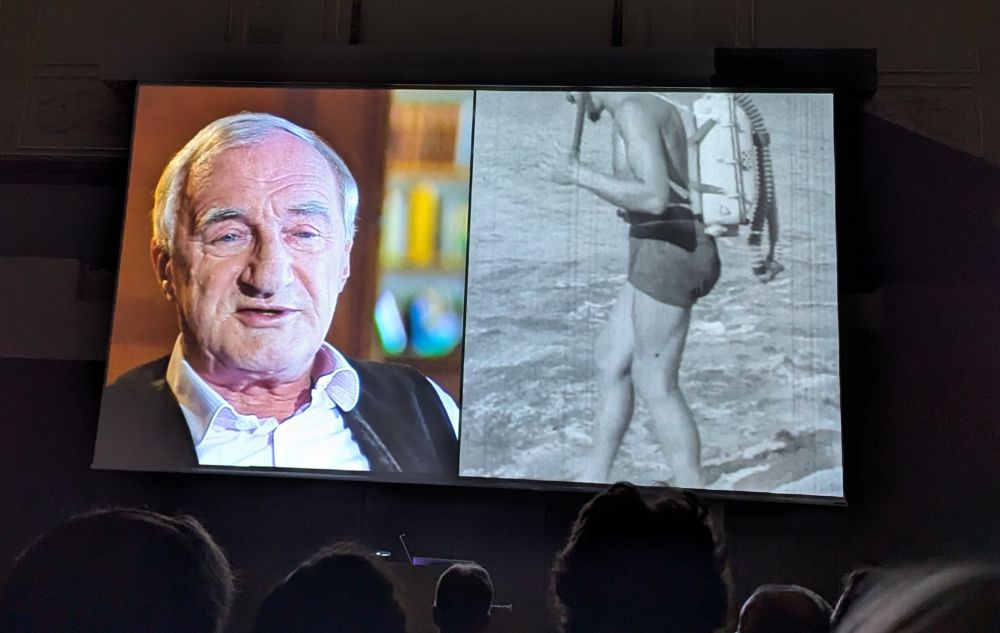
Points of disagreement: Riedl's articulation of laws and verification and truth. Also no talk about ecological interactions.
Legacy still important in morphology. Including his main lesson: Morphology is the heart of organismic biology.
/End
Points of disagreement: Riedl's articulation of laws and verification and truth. Also no talk about ecological interactions.
Legacy still important in morphology. Including his main lesson: Morphology is the heart of organismic biology.
/End
Yet some of his concepts are useful: burden, interphenes/metaphenes, cardre vs minimal homologues, homology criterion. Remarkable legacy on explanatory concepts: constraint, morphospace, evo morphology. And morphology as "way of thinking".
Yet some of his concepts are useful: burden, interphenes/metaphenes, cardre vs minimal homologues, homology criterion. Remarkable legacy on explanatory concepts: constraint, morphospace, evo morphology. And morphology as "way of thinking".


Are the ordered hierarchy of modules set up in ways that max evolvability?!?!
Are the ordered hierarchy of modules set up in ways that max evolvability?!?!
But here are 2 broad themes:
(1) Macroevo/homology/body plans
-> impact of devo on evo & in the context of the whole organism
(2) Evolvability & the evo of evolvability -> variation is not random
But here are 2 broad themes:
(1) Macroevo/homology/body plans
-> impact of devo on evo & in the context of the whole organism
(2) Evolvability & the evo of evolvability -> variation is not random
"The adaptationist programme gave us an EvoBio of parts and genes, but not of organisms"



"The adaptationist programme gave us an EvoBio of parts and genes, but not of organisms"
Now we enter the adaptationist's "but proximate != ultimate causation!!" strike back.

Now we enter the adaptationist's "but proximate != ultimate causation!!" strike back.



